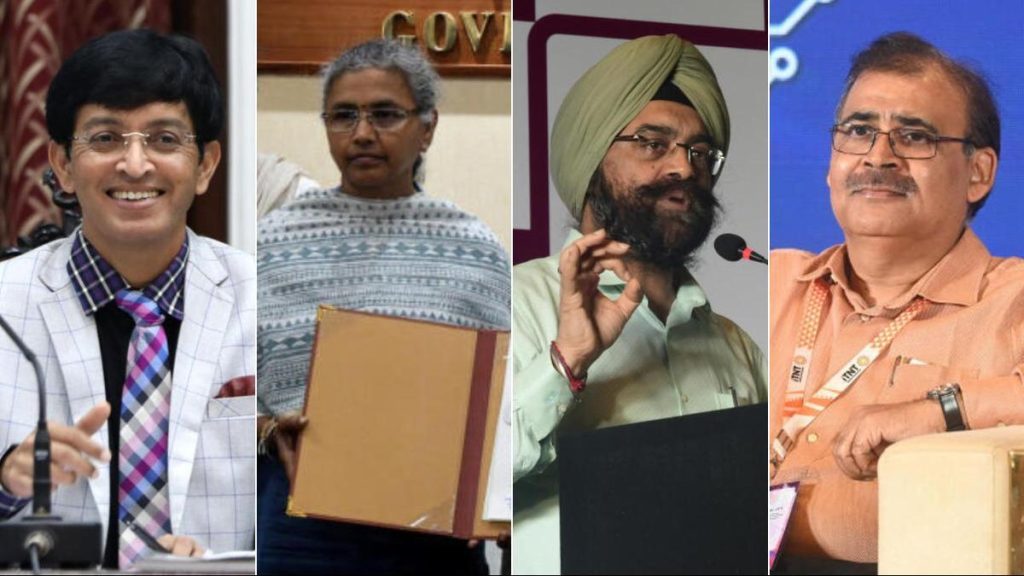Now Reading: India’s E20 Petrol Launch Faces Backlash from Drivers
-
01
India’s E20 Petrol Launch Faces Backlash from Drivers
India’s E20 Petrol Launch Faces Backlash from Drivers
Quick Summary
- India reached its target of a 20% ethanol blend in petrol (E20) five years ahead of schedule as part of its emissions-cutting biofuel programme.
- The programme aims to reduce greenhouse gas emissions and costly crude oil imports, saving India ₹1.06 trillion ($12.09 billion) in import costs and avoiding 54.4 million tonnes of CO₂ between 2014-2024.
- Critics argue E20 petrol is “dry and corrosive,” potentially damaging engines, reducing mileage, and causing costly repairs-especially for vehicles manufactured before 2023 without necessary modifications for compatibility with the fuel blend.
- Concerns over fuel efficiency include reported mileage losses ranging from 5%-6%, with older cars seeing up to a 6% drop according to government acknowledgment; newer models may experience only a slight (~1%-2%) decline.
- Consumers are demanding clear labeling at petrol pumps about ethanol blends after citing low awareness regarding compatibility and risks associated with E20 fuel usage on social media platforms like YouTube and Instagram.
- Manufacturers like Hero MotoCorp, TVS Motor, and Shell India issued advisories about potential engine damage or warranty loss for pre-2023 vehicles using E20 petrol.
- Critics flagged wider trade-offs such as the diversion of agricultural produce (sugarcane, maize, rice) from food supplies to biofuel production.
Indian Opinion Analysis
India’s enterprising push toward adopting higher ethanol blends in fuels reflects its commitment to sustainable energy goals while aiming at reducing dependence on imported crude oil-a critical move amid shifting global energy dynamics. However, technical challenges raised by consumers underscore practical concerns that require attention for seamless implementation. Engine compatibility issues highlight gaps in preparedness among vehicle owners with older models who now face increased maintenance costs or modifications due to the transition.Balancing environmental benefits against economic trade-offs-particularly those affecting consumer spending power-is imperative for long-term success. Clear labeling at petrol pumps could help dispel confusion about ethanol percentages while empowering consumers’ choices transparently within India’s diverse automobile ecosystem.
Additionally, redirecting food crops toward biofuel production highlights broader socioeconomic questions directly linked with resource allocation amidst growing population demands; more scrutiny should be paid here given agriculture’s outsized role within India’s economy.Ultimately, while the initiative advances green energy objectives, it must integrate systematic frameworks addressing both short-term concerns (e.g., transitional engine challenges) and long-term implications around sustainability priorities without disproportionately burdening consumers or undermining food security frameworks.
Read more: The Hindu Article

























